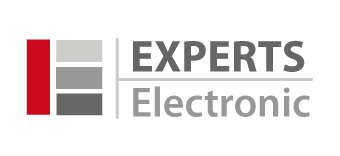No tags for this post.
Resources
Latest News
 Flying Probe TestNovember 7, 2023 - 1:06 am
Flying Probe TestNovember 7, 2023 - 1:06 am PCB Testing JigNovember 2, 2023 - 3:21 pm
PCB Testing JigNovember 2, 2023 - 3:21 pm
-
English
-
Français (French)
-
العربية (Arabic)
-
Български (Bulgarian)
-
简体中文 (Chinese (Simplified))
-
Hrvatski (Croatian)
-
Čeština (Czech)
-
Dansk (Danish)
-
Nederlands (Dutch)
-
Suomi (Finnish)
-
Deutsch (German)
-
Ελληνικά (Greek)
-
עברית (Hebrew)
-
Magyar (Hungarian)
-
Íslenska (Icelandic)
-
Italiano (Italian)
-
日本語 (Japanese)
-
Norsk bokmål (Norwegian Bokmål)
-
Polski (Polish)
-
Português (Portuguese (Brazil))
-
Português (Portuguese (Portugal))
-
Română (Romanian)
-
Русский (Russian)
-
Español (Spanish)
-
Svenska (Swedish)
-
Türkçe (Turkish)
-

